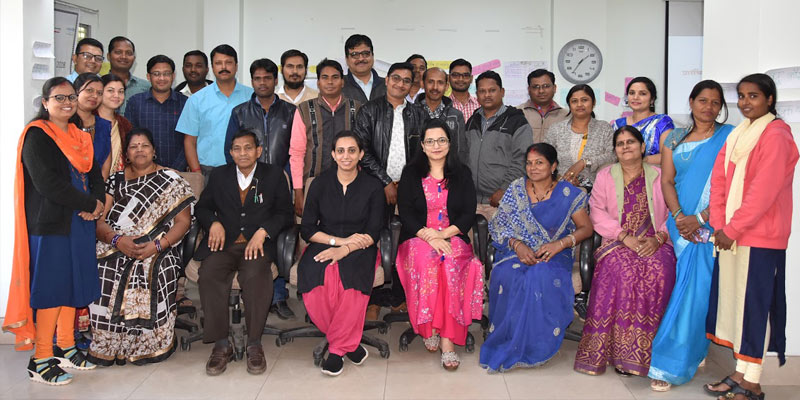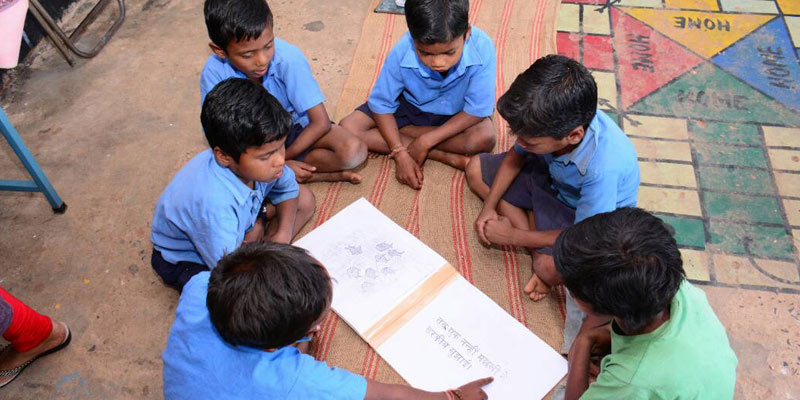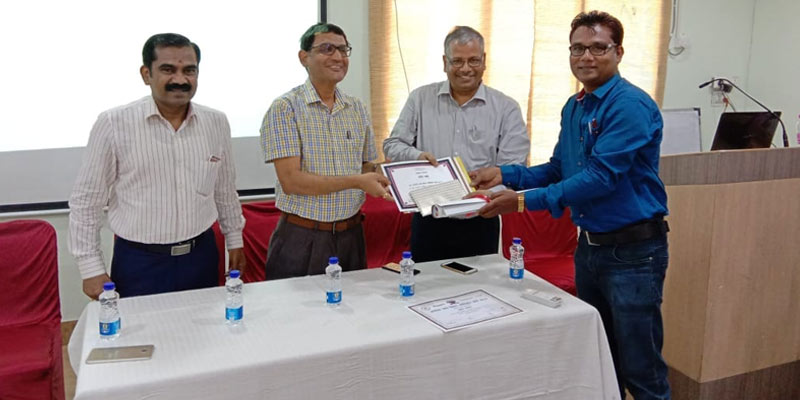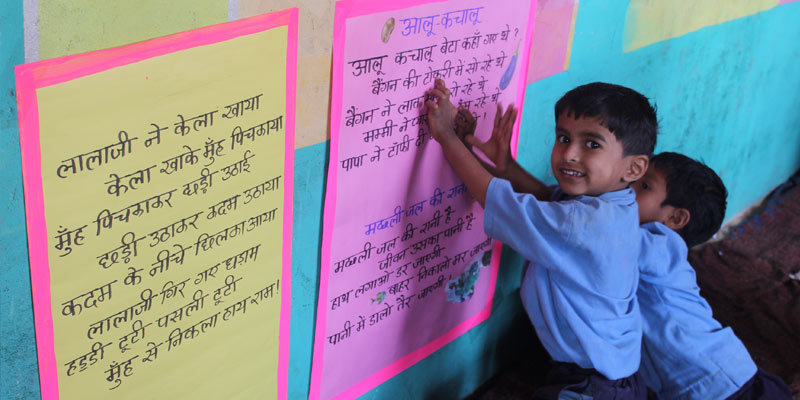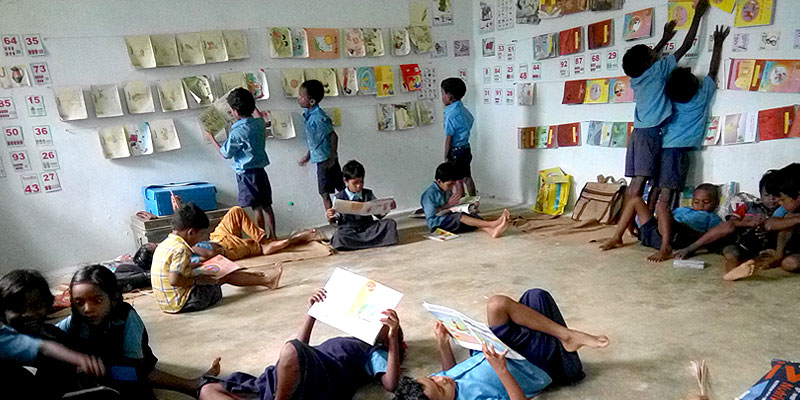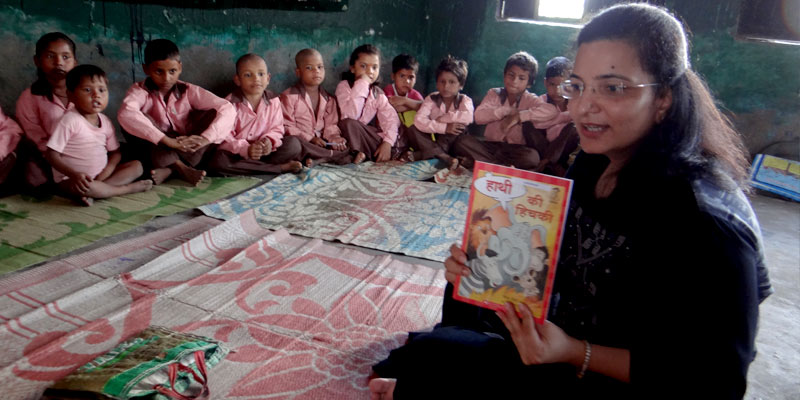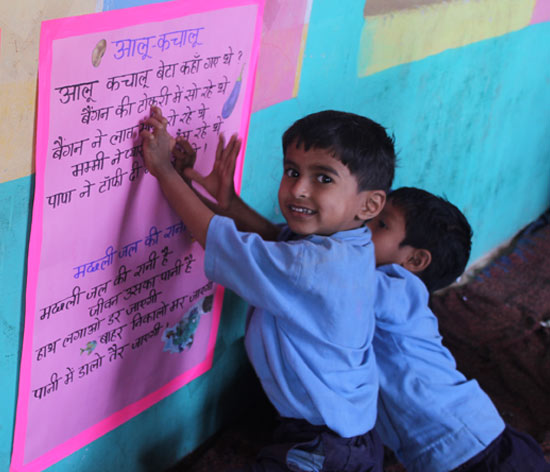
If there is one practice that plagues education in India, especially when it comes to primary education, it is the heavy dependence on rote learning. Monologues by teachers, rote learning, repetition without comprehension and copywriting from textbooks and blackboards by students contribute to this greatly. Comprehension, critical thinking and problem-solving seem absent.
Consequently, a healthy learning curve amongst students is absent.
National surveys, such as the Annual Status of Education Report (ASER) 2018, have repeatedly revealed that students are not achieving class-appropriate learning levels. The aforementioned study found that only one-quarter of grade 3 students could read and understand a story written in a few simple sentences. It is also important to note here that it is quality early grade literacy intervention that drives progress toward achieving the United Nations' Sustainable Development Goal 4 in its effort to unlock the potential of youth through quality education.
The Language and Learning Foundation (LLF), New Delhi decided to intervene, with the assistance of the Tata Trusts. With a 3-year support commitment, a variety of long and short duration professional learning programmes were developed, targeting government school teachers, teacher educators and academic support personnel.
LLF’s flagship 9-month intensive course on early language and literacy was offered in five north Indian states, namely, Haryana, Rajasthan, Uttar Pradesh, Bihar and Chattisgarh. This plays a balancing act between building conceptual understanding and equipping the participants with pedagogical toolkits for use in early language and literacy teaching. Till date, 390 participants have completed the 9-month course on ELL (Early Language & Literacy), out of which 217 are government school teachers, 106 are academic support staff and 29 are teacher educators.
The impact of the course was best described by one participant: "I learnt a lot while taking this course. Especially, the importance of making children understand concepts rather than forcing learning by rote, as well as the dos and don'ts for a teacher. It made me grasp the importance of understanding the capabilities of each child and being patient. A teacher should be sensitive and empathetic, but I didn't know that it actually works in getting a positive result."
The following key pointers were the reasons for the strong buy-in by the educators:
- The extended duration of 9 months as against the "one-off" or "one-time" in-service training allowed participants to easily go through the cycle of "un-learn", "learn" and "re-learn".
- Participants received continuous support from the LLF team, allowing them to engage with rigour and continuity, where they were able to visualize their growth as a journey, giving them a necessary sense of accomplishment.
- It did not provide ready-made answers but helped build a perspective on early literacy teaching-learning.
- The experiential approach enabled every participant to empathise with early grade students and understand their struggles and challenges, thus becoming more sensitive to them.
LLF’s conviction and commitment to comprehensively work along with State systems, especially through the inclusion of academic support staff in the participants’ profile, along with the teachers, suggested a deliberate journey towards systemic understanding on why early learning is important and how the same can be achieved.
This story has been taken from the Sir Ratan Tata Trust and Allied Trusts Annual Report 2018-19
